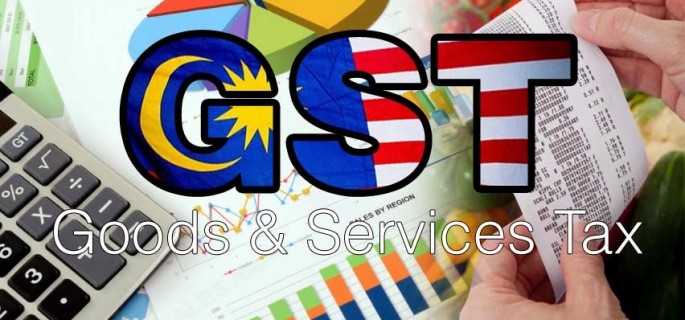Why Singapore GST Registration is Critical for Your Startup
Why Singapore GST Registration is Critical for Your Startup
Blog Article
The Ultimate Overview to Simplifying the GST Registration Process and Demands for Local Business Owners

Understanding GST Basics
To grasp the fundamentals of the Goods and Services Tax Obligation (GST) system, small company owners must initially recognize its underlying ramifications and principles. GST is a value-added tax obligation imposed on the majority of products and services for residential consumption. It aims to improve the tax procedure by changing numerous indirect taxes imposed by the state and central governments. Under the GST regime, companies are called for to collect and sign up tax in support of the federal government, ensuring openness and conformity.
One of the key principles of GST is input tax credit report, which permits businesses to claim credit report for tax obligations paid on their purchases. Comprehending these fundamental concepts is crucial for tiny company owners to browse the complexities of the GST system and ensure conformity with the legislation.
Qualification Criteria for Registration
Having actually developed a fundamental understanding of GST principles, local business owners have to now meet specific eligibility criteria to proceed with the registration process. In India, entities took part in the supply of goods or services with an annual accumulation turnover surpassing Rs. 40 lakhs (Rs. 10 lakhs for special classification states) are needed to sign up for GST. Additionally, specific services such as those associated with inter-state supply of products, casual taxed individuals, and those needed to pay tax obligation under the reverse cost mechanism should register for GST regardless of their turnover. Moreover, services that were registered under the previous tax obligation program (VAT, solution tax obligation, and so on) are likewise mandated to register under GST. However, farming organizations that just supply create out of primary manufacturing are exempt from GST enrollment. It is vital for company owner to carefully assess their qualification based on these criteria to make sure compliance with the law and avoid any type of fines for non-compliance.
Papers Needed for GST Enrollment

Simplified Registration Refine Steps
Following the collection and confirmation of the requisite records, the registration process for GST can be navigated through a series of simplified actions designed to facilitate effective compliance for small company proprietors. The very first step involves going to the GST portal and picking the 'New Registration' option. Subsequently, the candidate needs to fill out Part A of the GST REG-01 type with details such as frying pan, mobile number, and e-mail address to acquire an OTP for confirmation. Once the OTP is gotten and entered, a Temporary Reference Number (TRN) is generated for further proceedings. The following step needs completing Part B of the form with essential organization information, submitting supporting papers, and finishing the verification procedure utilizing DSC or EVC. Finally, upon successful confirmation, an Application Reference Number (ARN) is provided, indicating the conclusion of the GST enrollment process. By adhering to these streamlined steps, little service owners can successfully sign up for GST and guarantee conformity with tax obligation guidelines.
Tips for Ensuring Conformity
To keep regulative adherence and functional honesty, attentive oversight and positive procedures are pivotal in guaranteeing conformity with GST requirements for small organization proprietors. try this web-site Tiny business proprietors must remain upgraded with GST policies, submitting target dates, and any kind of changes in tax obligation rates to stay clear of charges and keep a good standing with tax obligation authorities. Attending GST understanding workshops or training programs can improve understanding and conformity with GST laws, ultimately benefiting the service in the lengthy run.
Conclusion
In verdict, small company owners need to understand the fundamentals of GST, fulfill the eligibility standards, gather required records, and adhere to the simplified registration process actions to guarantee conformity. By simplifying the GST registration process and needs, small company owners can stay clear of fines and operate their services smoothly within the legal structure - Singapore GST Registration. It is essential for small company owners to stay certified and informed with GST guidelines to keep a successful business operation
Tiny organization proprietors seeking GST enrollment official site should ensure they collect and submit the needed files to finish the registration procedure successfully. The papers required for GST registration generally include evidence of company enrollment or unification, FRYING PAN (Irreversible Account Number) card of the organization identification, address and entity proof of the promoters/partners/directors, photographs, address evidence of the location of service, bank account declarations or terminated cheques, and authorization kinds. Going to GST awareness workshops or training programs can enhance understanding and compliance with GST guidelines, ultimately benefiting the service in the lengthy run.
By streamlining the GST enrollment process and requirements, small business owners can prevent penalties and operate their companies smoothly within the legal framework. It is essential for tiny company proprietors to stay educated and compliant with GST laws to preserve an effective business procedure.
Report this page